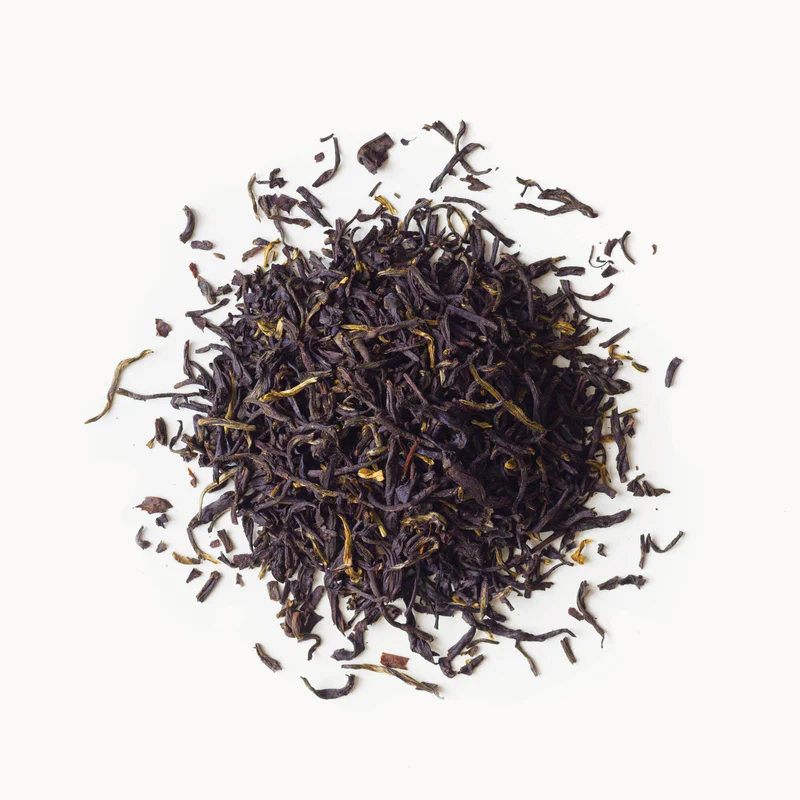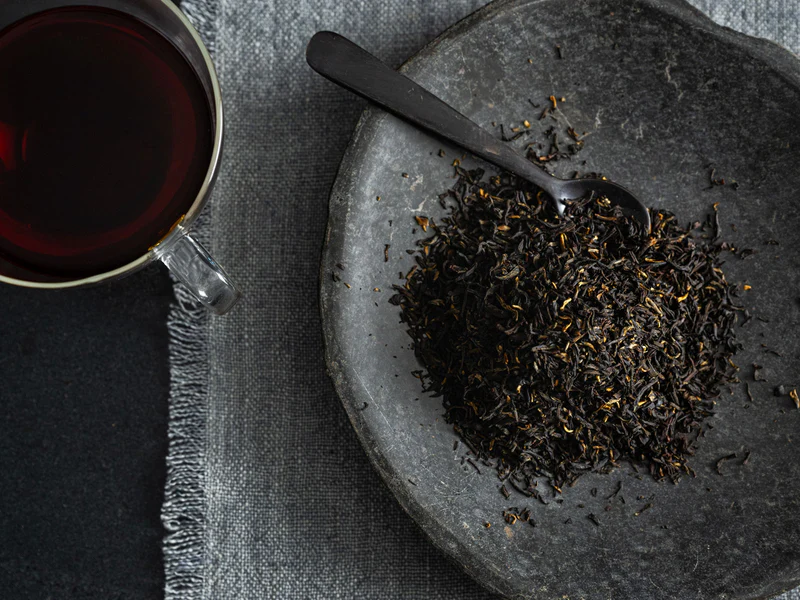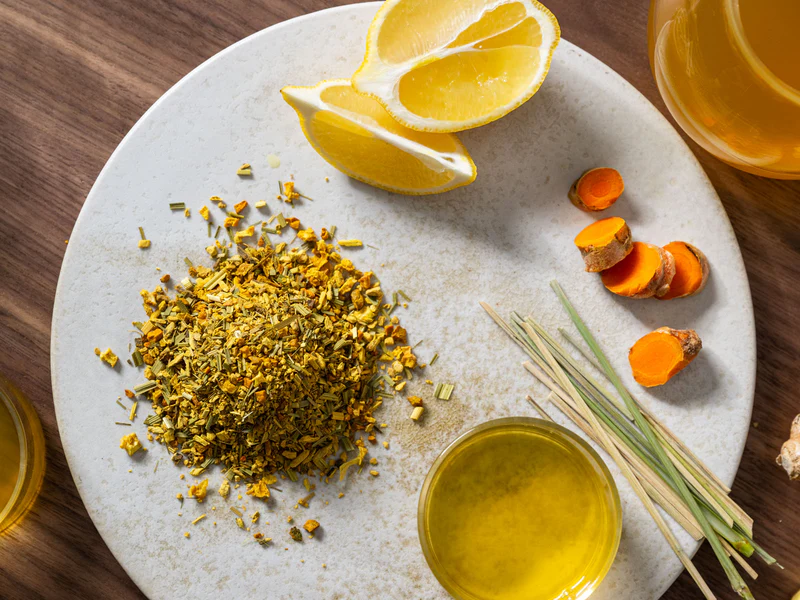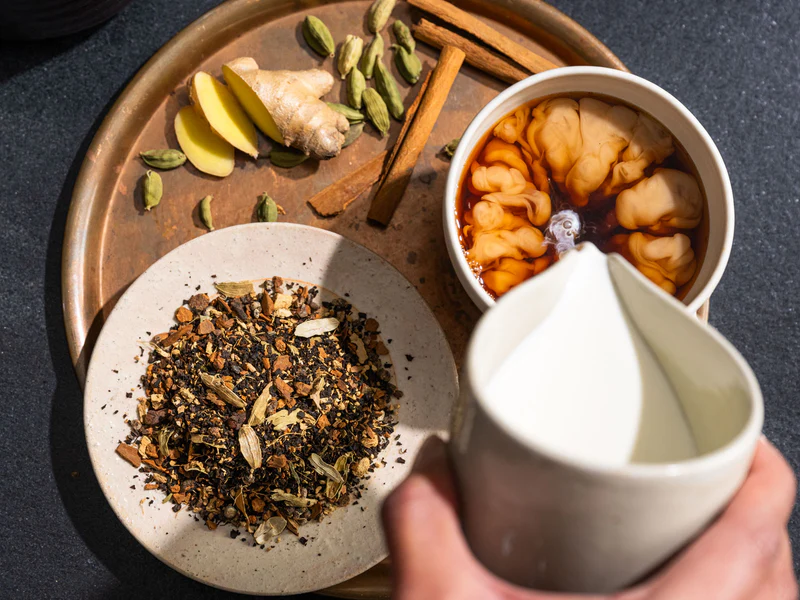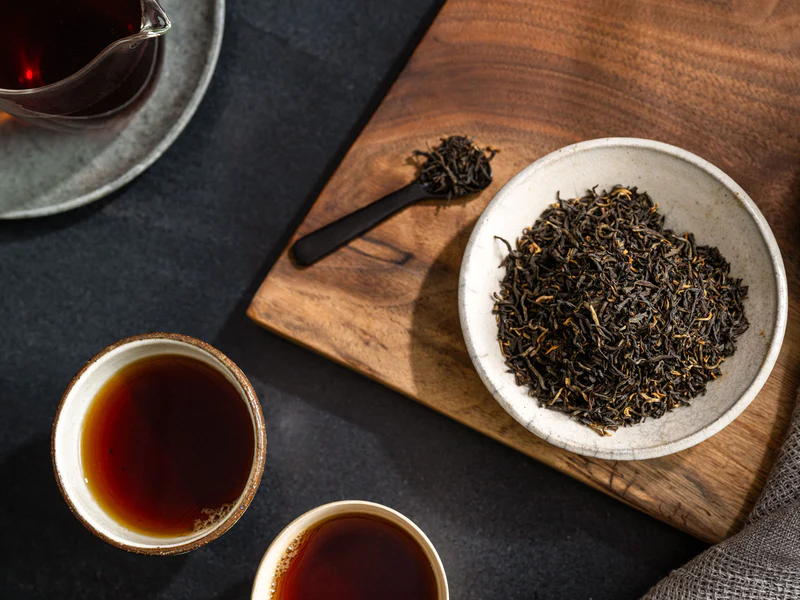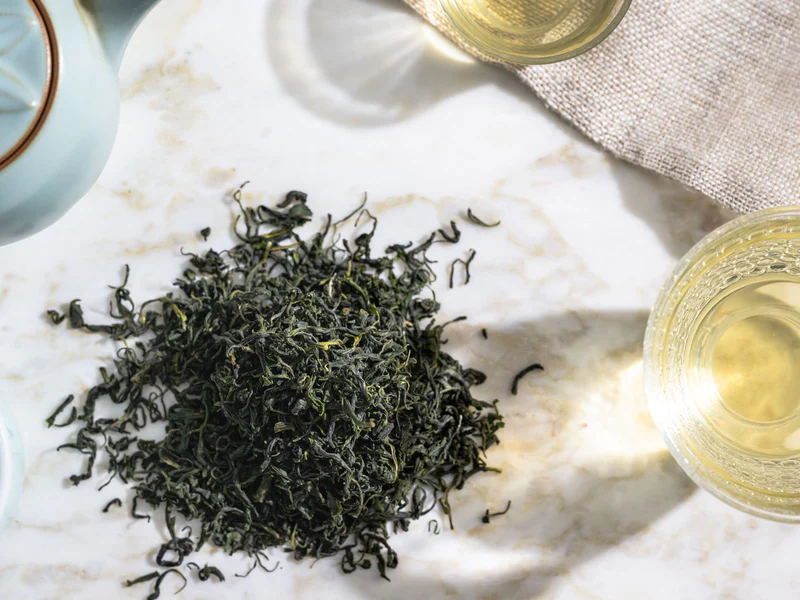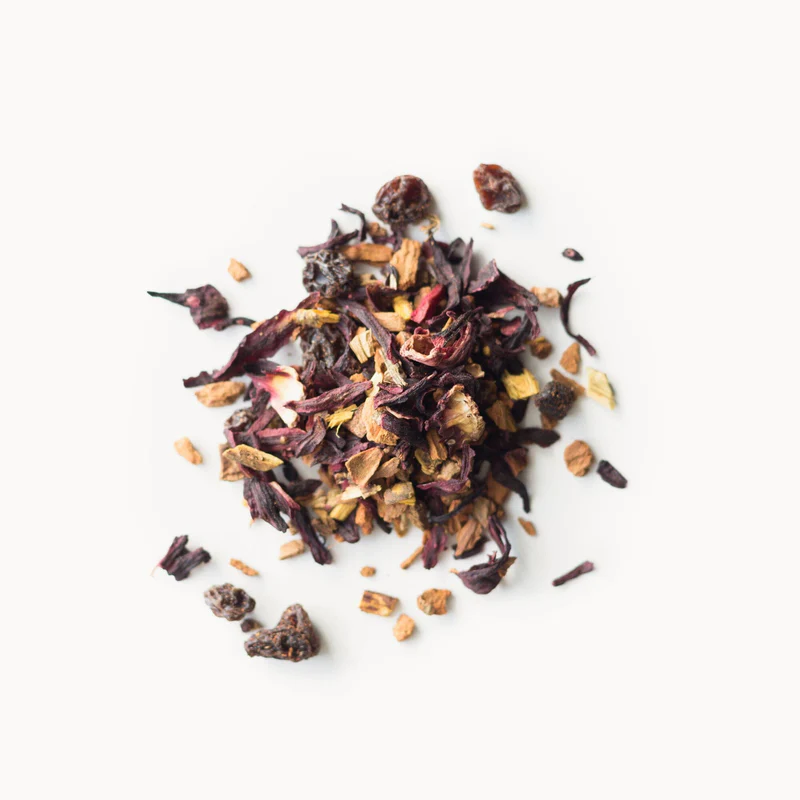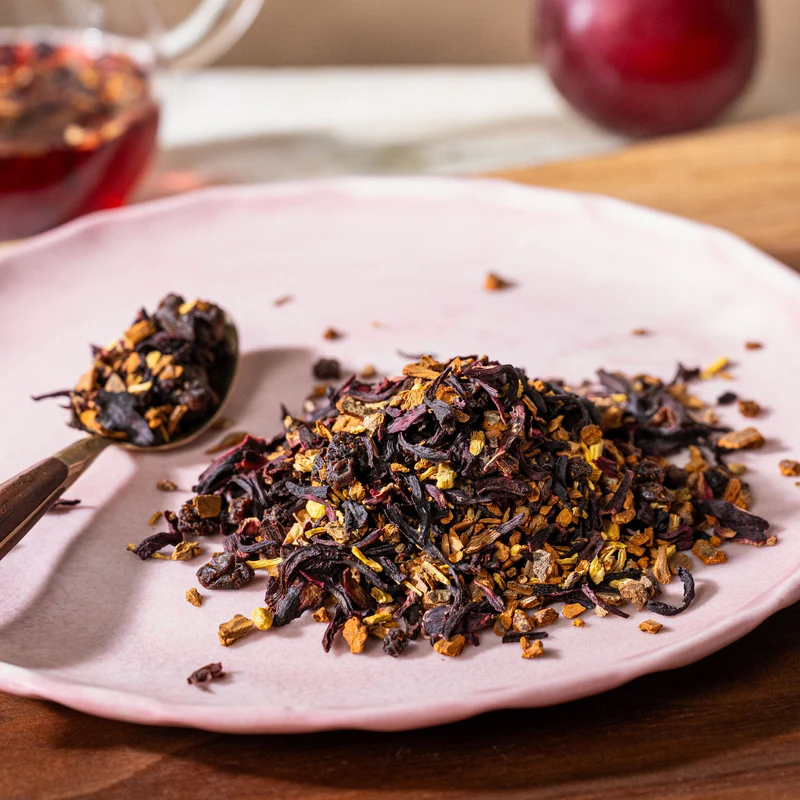
Jinggu, Yunnan, China
Jinggu, located in Yunnan Province, China, holds both a significant location and historical importance in the world of Puer tea.


Jinggu, located in Yunnan Province, China, holds both a significant location and historical importance in the world of Puer tea.


Jinggu, located in Yunnan Province, China, holds both a significant location and historical importance in the world of Puer tea. This region is known for its rich tea history, particularly centered around the ethnic minority hill tribes residing in Jinggu and their ancient tea culture.
Jinggu County is situated in the western part of Pu'er City, within the larger Pu'er tea-growing region of Yunnan Province. It is surrounded by lush mountains, fertile valleys, and pristine water sources, creating an ideal environment for tea cultivation. The region's unique geographical features, such as its high elevation, misty climate, and diverse soil composition, contribute to the distinctive flavors and characteristics of the teas produced in Jinggu.
The ethnic minority hill tribes, including the Bulang, Dai, Wa, and Hani, have been cultivating tea in Jinggu for centuries. Their ancient tea culture has played a vital role in shaping the traditions and techniques of Puer tea production. These tribes have passed down their knowledge and expertise from generation to generation, preserving and enriching the tea heritage of Jinggu.
Jinggu is known for its remarkable variety of tea varieties and cultivars, each offering a distinct taste and experience. Some of the unique tea varieties found in Jinggu include:
1. Jinggu Dianhong: This is a type of black tea known for its delicate leaves, golden bud tips, and smooth, malty flavor. It is highly regarded for its craftsmanship and its ability to produce a rich, full-bodied cup of tea.
2. Jinggu Shaiqinmao: This is a type of green tea known for its tender, twisted leaves and fresh, vegetal taste. It is carefully processed to preserve its vibrant green color and unique flavors.
3. Jinggu Yeshengcha: This refers to wild tea trees that grow naturally in the forests of Jinggu. These ancient tea trees produce leaves with a distinct flavor profile, reflecting the biodiversity of their surroundings and the unique terroir of the region.
4. Jinggu Qiaomu: Qiaomu refers to ancient tea trees that have been cultivated and cared for by the local hill tribes for generations. These trees yield leaves with exceptional complexity and depth of flavor, often sought after by tea enthusiasts.
The tea varieties and cultivars found in Jinggu are a testament to the region's tea heritage and the diversity of its tea production. They showcase the intricate relationship between the ethnic minority hill tribes, the land they inhabit, and the tea they cultivate.
Overall, the location and historical importance of Jinggu in Yunnan Province, with its ethnic minority hill tribes and their ancient tea culture, contribute significantly to the richness and diversity of Puer tea. The teas produced in Jinggu, with their unique flavors and distinct characteristics, are a testament to the region's tea legacy and the skill and knowledge of its tea growers.
